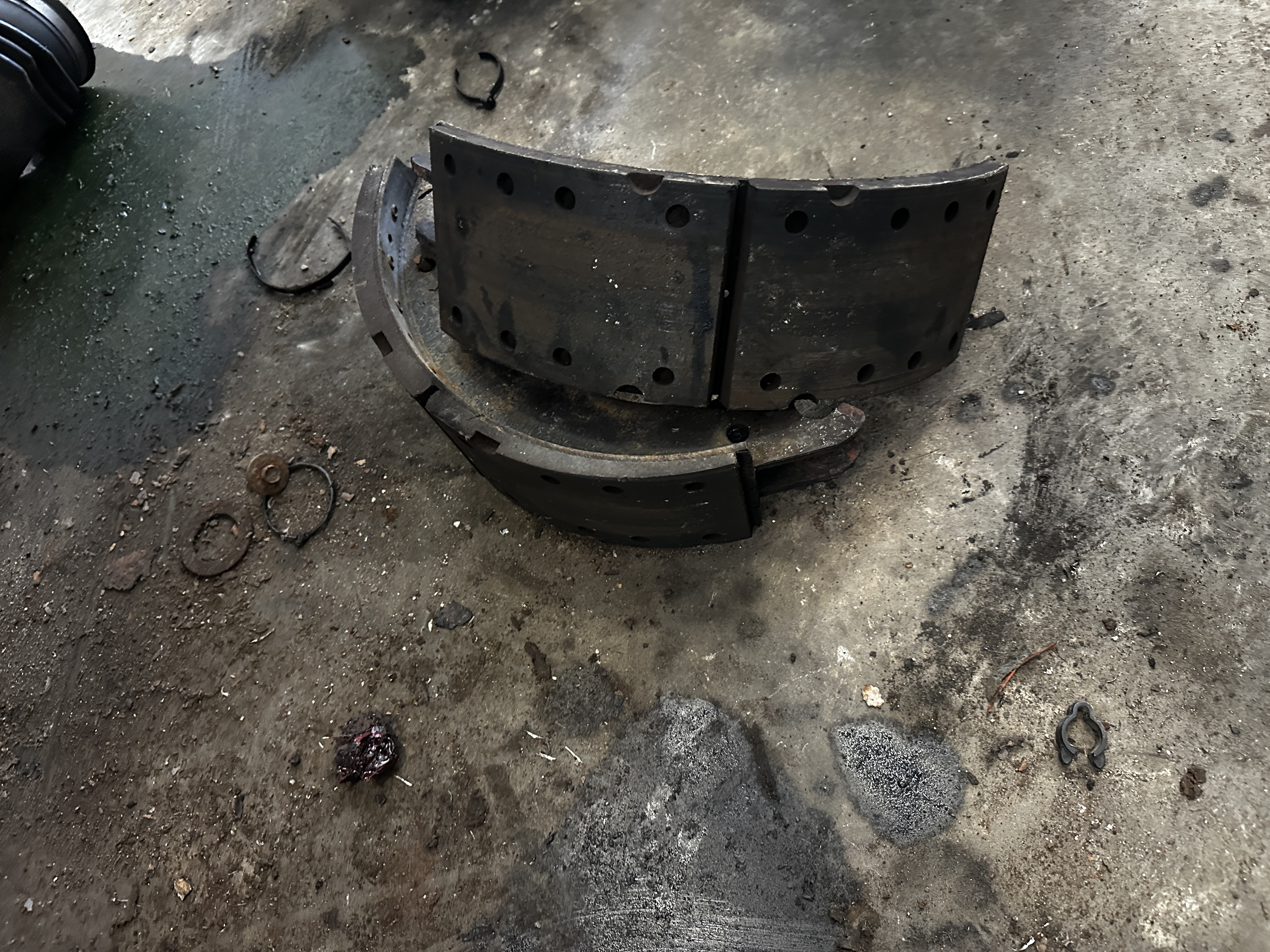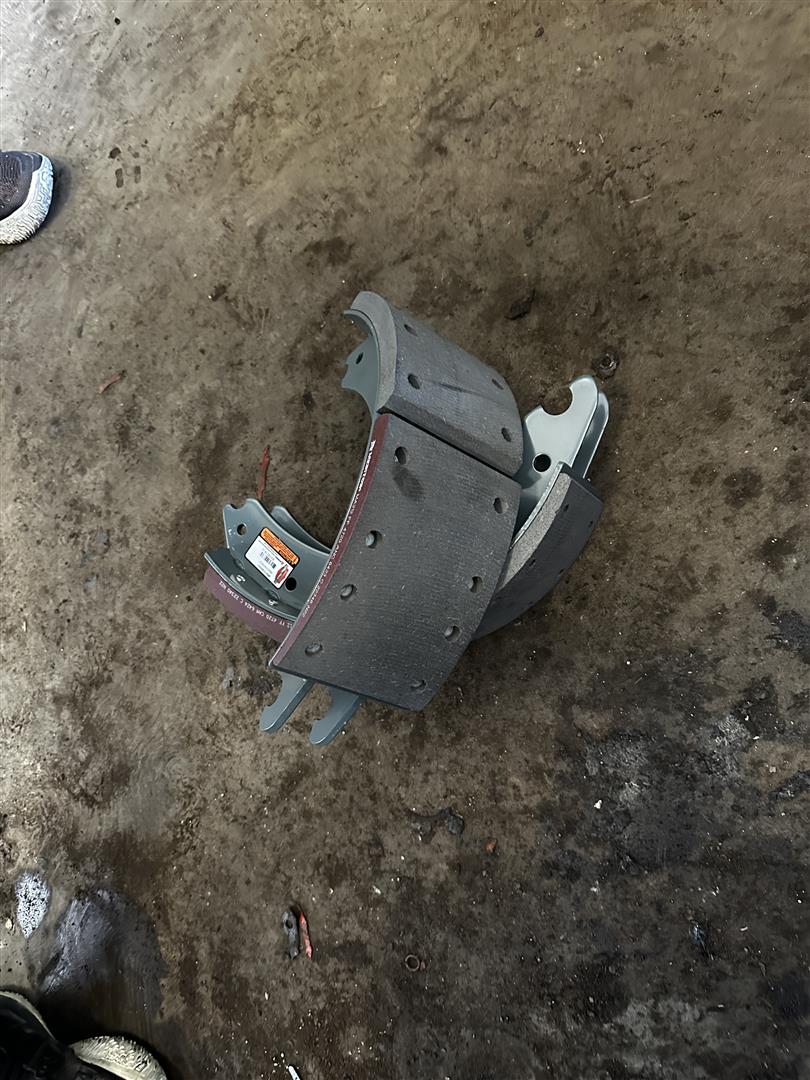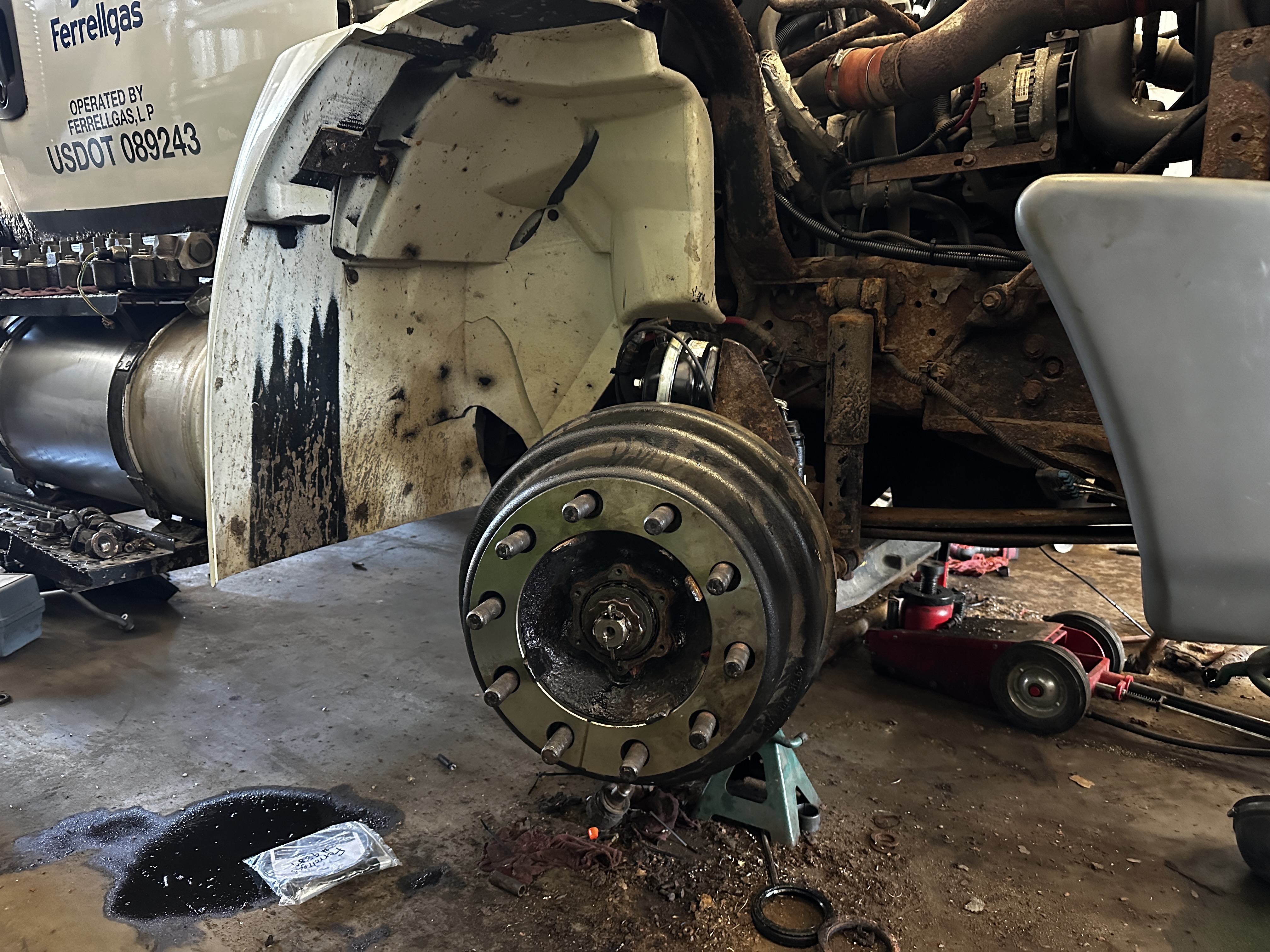 Squeaking brakes are indicative of several things about your vehicle's braking system, but it might not necessarily mean your brakes are bad. Your brakes can be squeaking for many possible reasons, including dust or debris, caliper issues, and could even be the brakes’ quality. If the squeaking persists or becomes more intense or accompanied by other issues like decreased braking performance, it's recommended that you bring your vehicle in for an inspection and repair. Keeping up on the repairs ensures the safety and optimal performance of your vehicle.
Squeaking brakes are indicative of several things about your vehicle's braking system, but it might not necessarily mean your brakes are bad. Your brakes can be squeaking for many possible reasons, including dust or debris, caliper issues, and could even be the brakes’ quality. If the squeaking persists or becomes more intense or accompanied by other issues like decreased braking performance, it's recommended that you bring your vehicle in for an inspection and repair. Keeping up on the repairs ensures the safety and optimal performance of your vehicle.
 You can reuse brake rotors when installing new brake pads. However, you must consider a few things when doing this, like compatibility of hardware and the condition of the rotors. The rotors should be inspected for signs of wear, warping, cracking, or excessive grooving. If the rotors are heavily worn, damaged, or warped beyond acceptable limits, they should be replaced to ensure safe and effective braking. Consider the type of driving you do and the conditions in which your vehicle operates when extra stress is on the brakes.
You can reuse brake rotors when installing new brake pads. However, you must consider a few things when doing this, like compatibility of hardware and the condition of the rotors. The rotors should be inspected for signs of wear, warping, cracking, or excessive grooving. If the rotors are heavily worn, damaged, or warped beyond acceptable limits, they should be replaced to ensure safe and effective braking. Consider the type of driving you do and the conditions in which your vehicle operates when extra stress is on the brakes.
 There are multiple components to the braking system, it is recommended that you replace the brakes every 25,000-30,000 miles. Do consider the components of the brakes and if they need replacing. Brake lines and calipers are the least replaced components, but having the lines or calipers inspected regularly for signs of leakage, corrosion, or damage and replacing them when needed will lengthen the life of your brakes. It is recommended by manufacturers of most vehicles that a regular brake fluid flush and replacement is completed every 2-3 years.
There are multiple components to the braking system, it is recommended that you replace the brakes every 25,000-30,000 miles. Do consider the components of the brakes and if they need replacing. Brake lines and calipers are the least replaced components, but having the lines or calipers inspected regularly for signs of leakage, corrosion, or damage and replacing them when needed will lengthen the life of your brakes. It is recommended by manufacturers of most vehicles that a regular brake fluid flush and replacement is completed every 2-3 years.